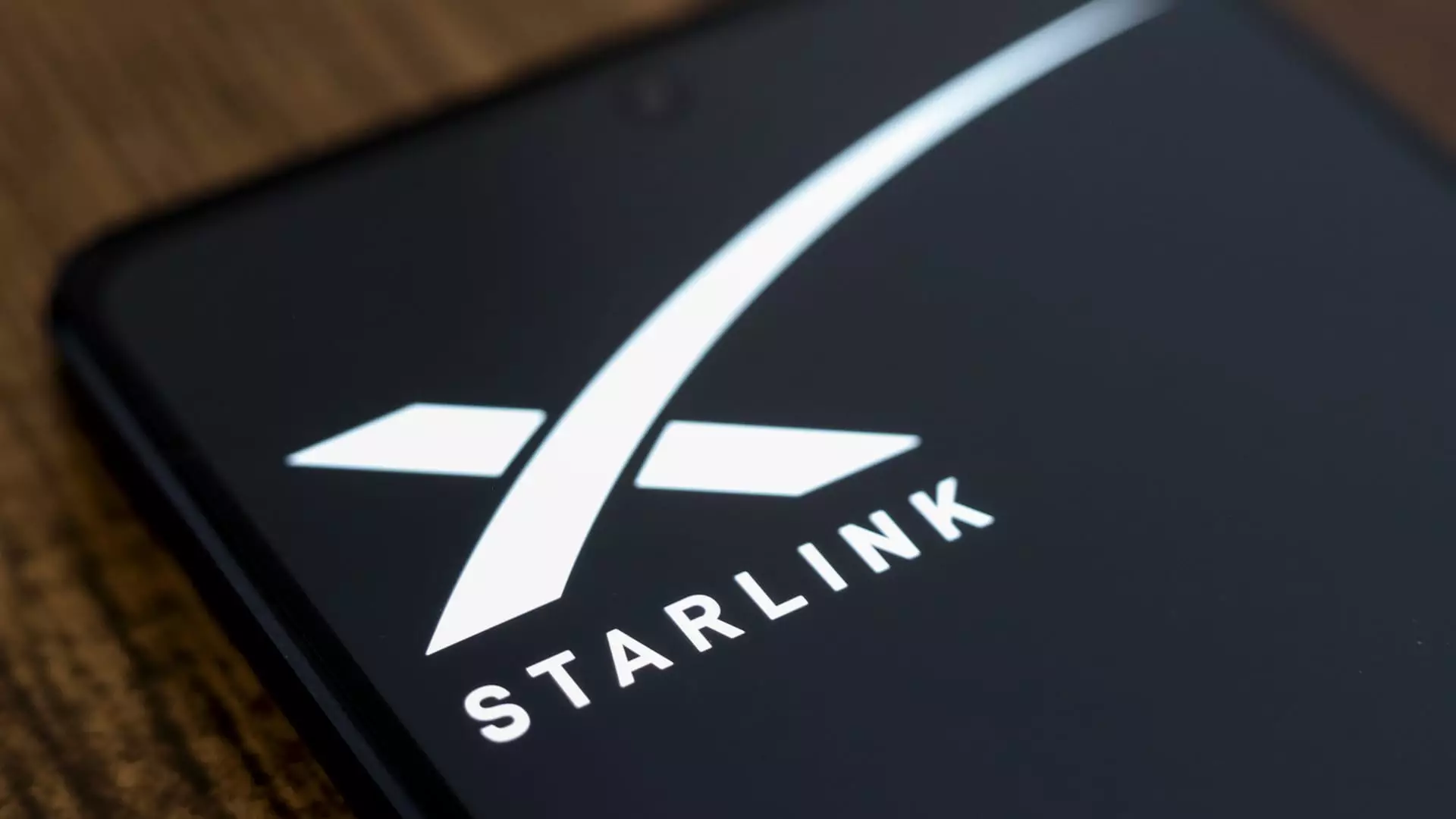Starlink, the satellite internet service owned by SpaceX, recently made a controversial decision to block the social network X in Brazil. This move was made in order to prevent losing its license in the country. The decision was influenced by Brazil’s supreme court, which had blocked X in response to the social network’s refusal to adhere to court orders and pay fines. This decision has sparked a larger debate regarding free speech, censorship, and the role of big tech companies in controlling online content.
One of the major criticisms of Starlink’s decision to block X is the concern over censorship. By complying with the orders of the supreme court, Starlink is essentially limiting access to a social network that may have been a platform for free expression. Critics argue that this sets a dangerous precedent and infringes on the right to freedom of speech. It raises questions about the power of tech companies to control the flow of information and the extent to which they should intervene in government regulations.
The clash between Elon Musk’s companies and the Brazilian government seems to have deeper political motivations. Musk has openly criticized the actions of the supreme court justice Alexandre De Moraes, comparing him to infamous villains like Darth Vader and Voldemort. This raises concerns about the influence of wealthy individuals like Musk in shaping political discourse and trying to exert control over government decisions. The involvement of Musk in Brazilian politics adds a layer of complexity to the situation, as his personal grudges and alliances seem to be influencing the actions of his companies.
The decision to block X in Brazil has significant implications for democracy in the country. By restricting access to a social network that has been critical of the government and its policies, there is a risk of limiting public discourse and stifling dissenting voices. The right to freedom of expression is a fundamental pillar of democracy, and any actions that undermine this right should be met with concern. The fact that Starlink succumbed to government pressure to block X raises questions about the company’s commitment to upholding democratic values and protecting the rights of its users.
The decision by Starlink to block X in Brazil is a troubling development that raises serious questions about censorship, free speech, and the role of tech companies in shaping political discourse. The involvement of Elon Musk and his personal vendettas in this situation adds a layer of complexity and highlights the dangers of letting wealthy individuals wield unchecked power. The impact of this decision on democracy in Brazil remains to be seen, but it serves as a cautionary tale about the potential consequences of allowing big tech companies to control the flow of information and influence government decisions.


Leave a Reply